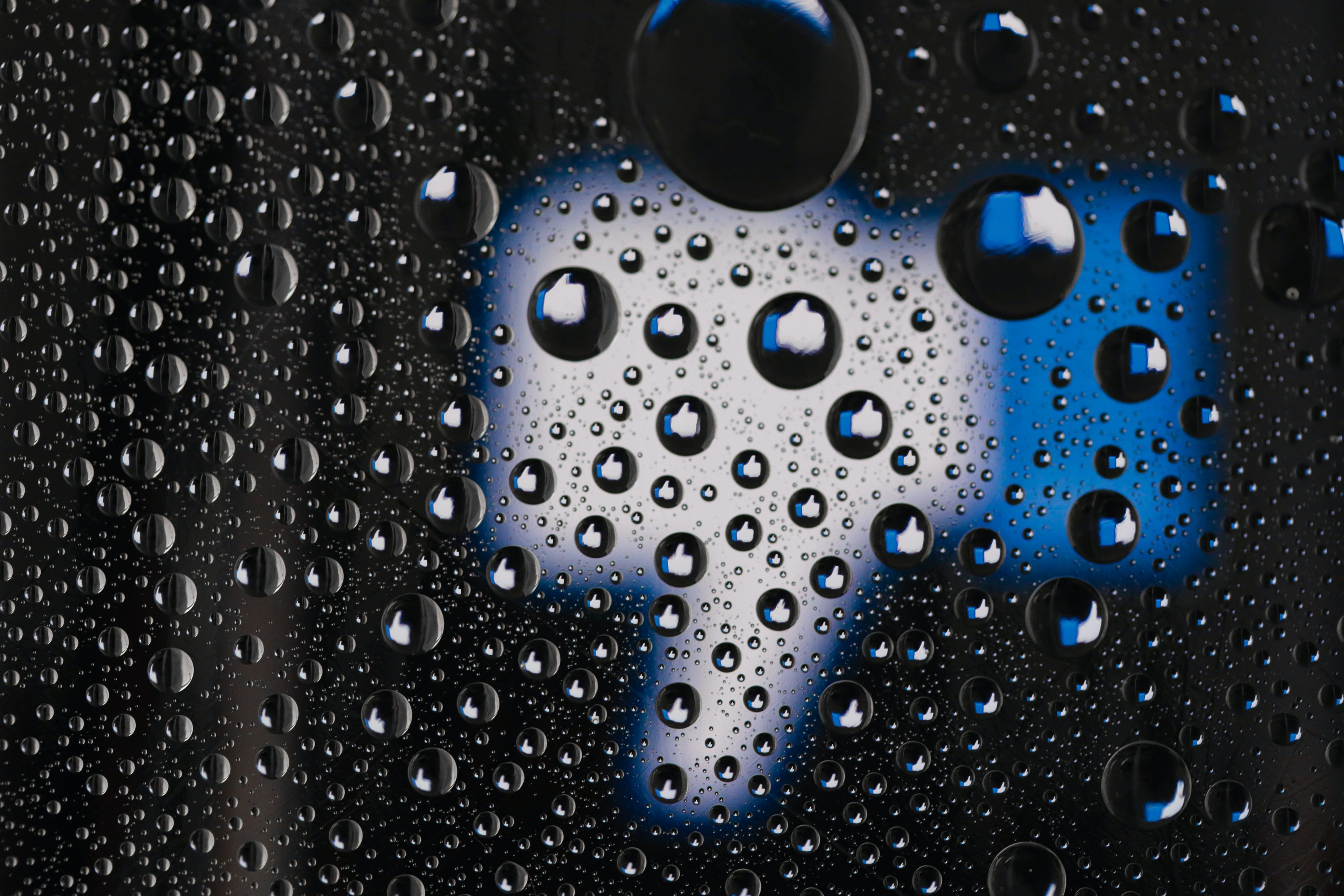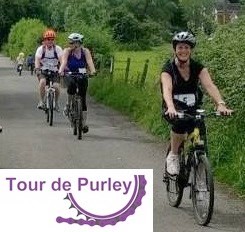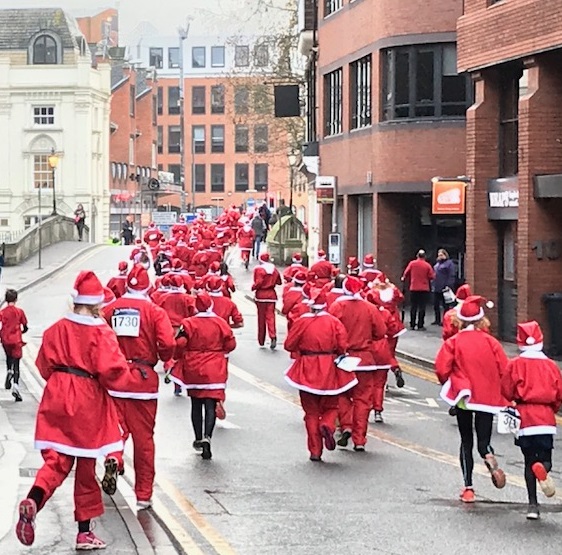Pitfalls of social media
Following on from my colleague’s article on the many benefits of Facebook for keeping in touch with friends and family, I thought I’d add a few cautionary notes to help keep you safe. This can also cut down the amount of clutter on our Facebook feeds so we all get to see more of the stuff we really care about – i.e. what our friends and family are actually doing.
There are several campaigns designed to pull on our heart-strings such as “Share this if you have a lovely grandson/miss someone in Heaven”. I can hear you say, “what harm does this do?” but the question should be, “why does someone really want me to do this?”
Firstly the straightforward “Like/Share”, surely that can’t do any harm? Well, unless it’s something posted by someone you know personally (and I mean posted, not shared from elsewhere), the chances are it’s really a “like-farming” page. These are created by assorted dubious companies with the sole purpose of gaining as many likes/shares as possible. When they reach a reasonable total (e.g. one million likes) the name of the page will be changed to the name of a company wishing to sell us stuff. People will now assume is a reputable company because, well, they have a million likes don’t they! That innocent and well-intentioned “share” of that picture of a candle for “someone you’ve lost” may be actively helping promote these fraudulent companies.
The same thing goes for the “like, share, comment and follow this page” to win “one of 50 x 2 week all expenses holiday in DisneyWorldLand / One of 30 luxury campervans which we couldn’t sell so we’re giving away”. Just think for a moment what those prizes would actually be worth – no company could possibly afford to give that sort of value away! In this case not only are we giving them the “likes” they need but, by following their page, we have also given them our facebook contact and an easy way to target future scams directly at us. For instance, they could now contact us through Facebook Messenger to tell us that we’ve won the competition and they need our bank account details to process the prize, which we think is perfectly legitimate because, after all, we entered the competition in the first place so it must be a genuine message!
A quick and easy check for this sort of scam is to click on the name of the Facebook page. In the case of the Disney competitions this is normally something similar to DisneyFloridaWorld which may already ring alarm bells that it’s not quite genuine. When we go to their page we will nearly always find it has only existed for 24-48 hours with only a couple of posts as they will hope to get to their million shares and rename the site before they get reported and taken down. If it’s only been around for a day or two, assume it’s a scam.
The quizzes or surveys are even worse as they tempt us to hand over all sorts of personal information – funny things like our mother’s maiden name, first pet or house number – so they can tell us what sort of personality we are/ what animal we’re most like or our Movie Star/Pirate name. We have already discussed this in a previous article which you can find here.
This isn’t “tinfoil hat conspiracy theory” stuff, it’s what can be going on when we like/share a page or type in some snippet of personal information – maybe not every time, but is it worth the risk just to find out our Movie Star name?






